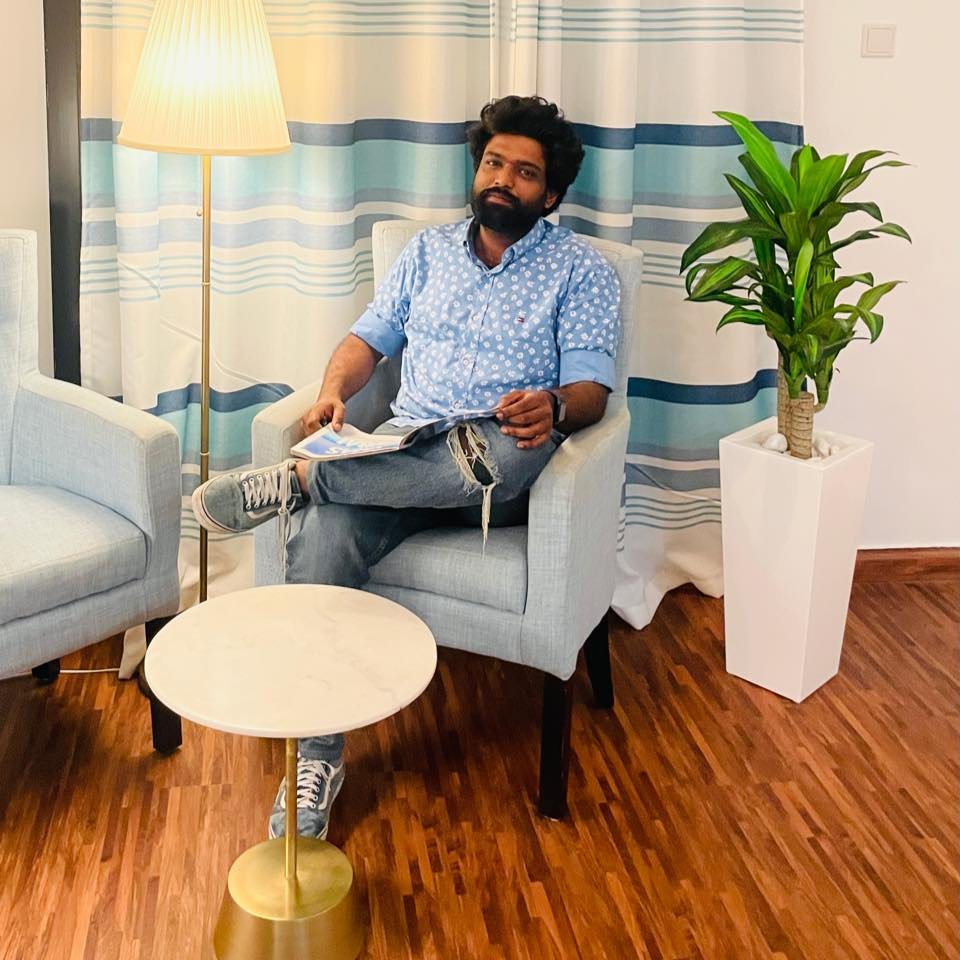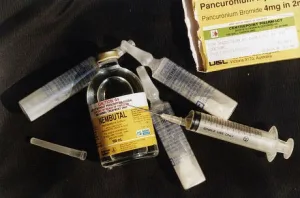The kind and caring oncologist answered my husband’s “how long do I have” question with a short “you have weeks becoming months, not months becoming years.” Also available to you , are MAID options .
Rob had lived with prostate cancer for the last eight of his 79 years. Over time he had explored every treatment option and every research protocol and now his time was running short. Suddenly his cancer was on steroids. It was aggressive and invasive.
I was a nurse for fifty years. I knew the system well. I also knew about medical assistance in dying (MAID). A dear friend who had Alzheimer’s disease had taken that route a year previously while his competence still made it possible. His wife and I wept buckets for months afterwards, but she knew it was his best option. Rob and I agreed.

I helped Rob submit a formal request for MAID and we scheduled a Zoom interview. There was no doubt he had “a grievous and irremediable medical condition” and his application was quickly approved. With MAID in our back pocket, we were able to get on with living, even going on short hikes.
It was 2020 when COVID-19 was in full swing. Inevitably, Rob caught COVID during a hospital admission. I took him home to look after him. It was before vaccines, and he was deathly ill. No one thought he would survive but he did, and we ended up spending a lot of time in quarantine. It turned out quarantine was a gift. We knew Rob’s days were numbered so we were able to savour time alone together. The outside world left us alone while we said everything we wanted to say to each other many, many times. No words were left unsaid, especially, ‘I love you.’ We reviewed wills and letters of wishes and confirmed they were still what we wanted. He teased me that I would soon forget him. I wept and assured him I would carry him in my heart ‘til my dying days.
He wanted to see his 80th birthday and he did. Our children arranged for a Vancouver symphony quartet to play Mozart in our garden on a glorious October day. We included as many family and friends as public health restrictions allowed.
As the fall progressed, Rob was becoming frailer day by day. It was increasingly difficult to manage his pain despite support from the local Palliative Care program. By Christmas he was confined to bed. I thought often about MAID, but knew I couldn’t raise the subject; It had to come from him.
Then a couple days after Christmas, we had a terrible night. I was up every hour or two giving him breakthrough hydromorphone, yet his pain persisted. In the morning he said, “I’m ready for MAID. Call the doctor.”
At noon the doctor called us back. “Robert, are you ready for medical assistance in dying?”
His mumbled answer didn’t sound like yes. After a long pause, the doctor said, “You want to keep living?”
“Yes,” Rob said loudly and clearly.
He turned to me and said, “I just can’t bear the thought of leaving you.”
Two days later, as I was standing beside him fussing with the sheets over his toes, he opened his eyes for one last look at me. He then took three little breaths and left me, heartbroken and alone.


